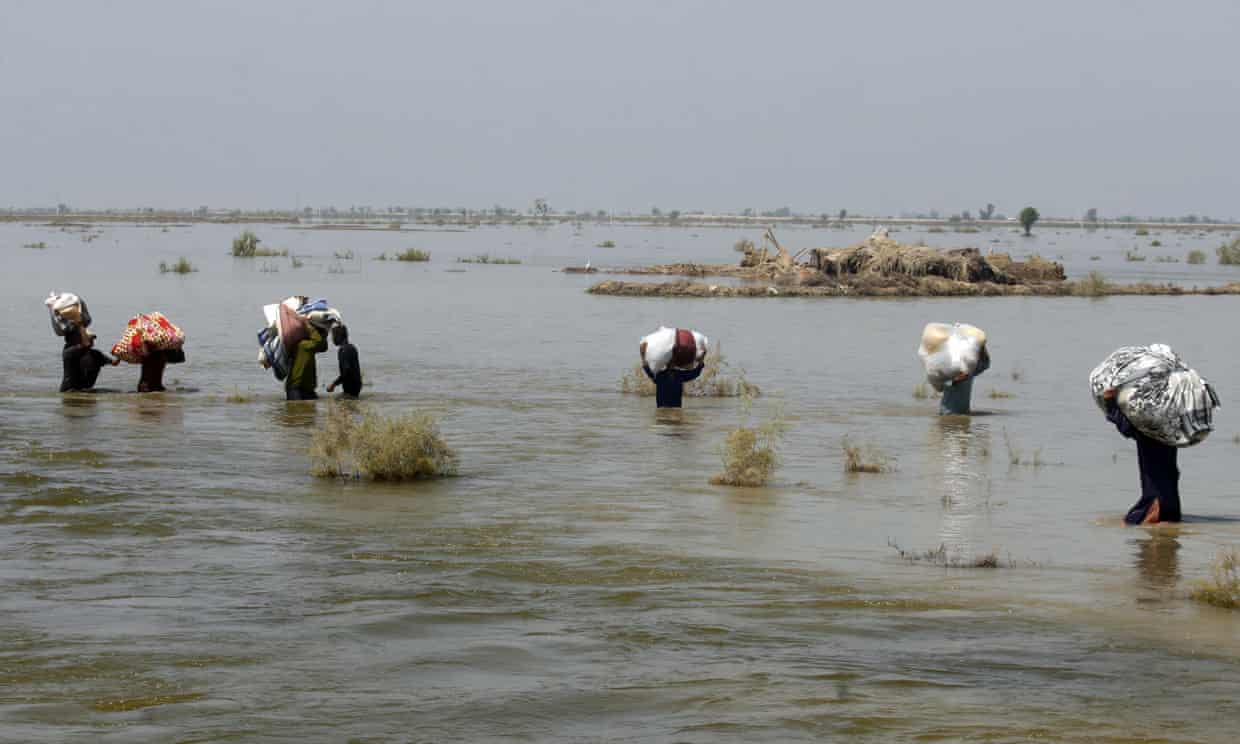
The world’s chances of avoiding the worst ravages of climate breakdown are diminishing rapidly, as we enter “uncharted territory of destruction” through our failure to cut greenhouse gas emissions and take the actions needed to stave off catastrophe, leading scientists have said.
Despite intensifying warnings in recent years, governments and businesses have not been changing fast enough, according to the United in Science report published on Tuesday. The consequences are already being seen in increasingly extreme weather around the world, and we are in danger of provoking “tipping points” in the climate system that will mean more rapid and in some cases irreversible shifts.
The United in Science report was coordinated by the World Meteorological Organization, and involves the UN Environment Programme, the UN Office for Disaster Risk Reduction, the World Climate Research Programme, the Global Carbon Project, the UK’s Met Office and the Urban Climate Change Research Network.
The United in Science report found:
- The past seven years were the hottest on record and there is a 48% chance during at least one year in the next five that the annual mean temperature will temporarily be 1.5˚C higher than the 1850-1900 average.
- Global mean temperatures are forecast to be between 1.1˚C and 1.7˚C higher than pre-industrial levels from 2022-2026, and there is a 93% probability that at least one year in the next five will be warmer than the hottest year on record, 2016.
- Dips in carbon dioxide emissions during the lockdowns associated with the Covid-19 pandemic were temporary, and carbon dioxide emissions from fossil fuels returned to pre-pandemic levels last year.
- Climate-related disasters are causing $200 million in economic losses a day.
- Nearly half the planet – 3.3 to 3.6 billion people – are living in areas highly vulnerable to the impacts of the climate crisis, but fewer than half of countries have early warning systems for extreme weather.
- As global heating increases, “tipping points” in the climate system cannot be ruled out. These include the drying out of the Amazon rainforest, the melting of the ice caps and the weakening of the Atlantic meridional overturning circulation, known as the Gulf stream.
- By the 2050s, more than 1.6 billion people living in 97 cities will be regularly exposed to three-month average temperatures reaching at least 35˚C.